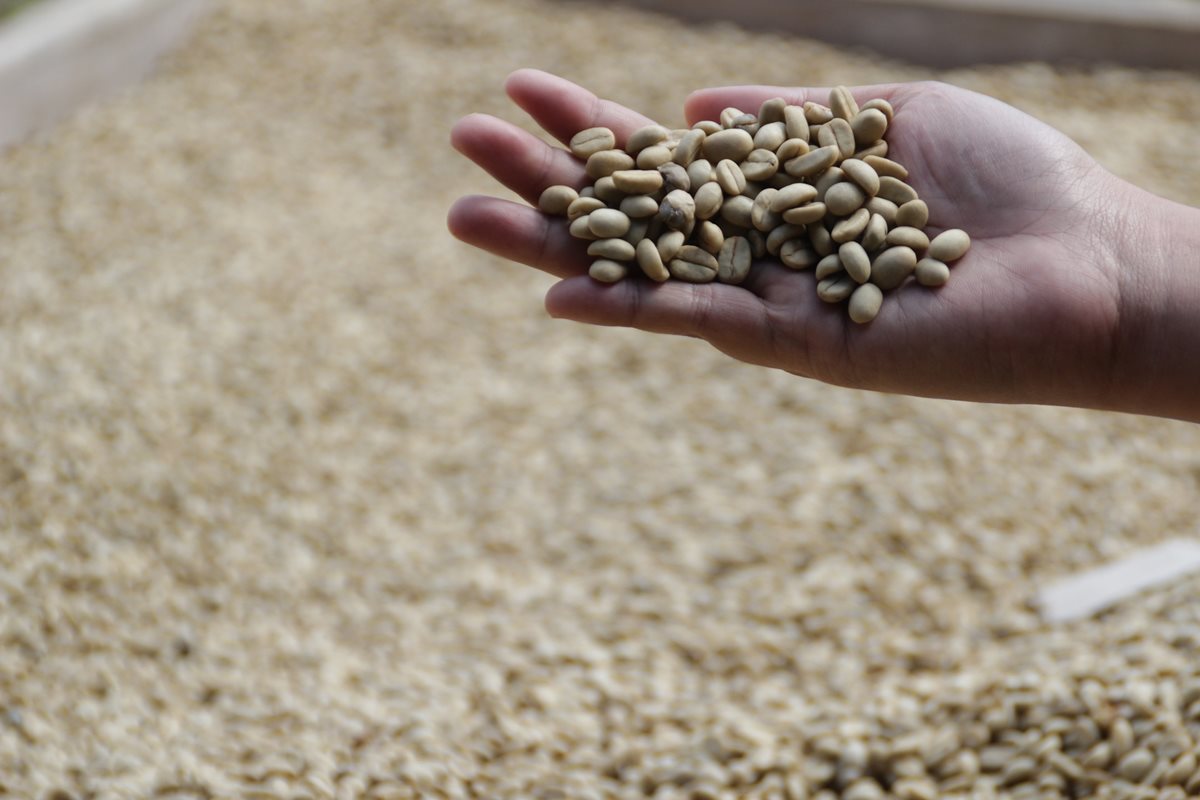Caravela Coffee becomes world’s first green coffee trading company to achieve Carbon Neutral Standard certification and aims achieve carbon neutrality across every kilogram of coffee it purchases by 2025
.png.aspx?lang=en-GB&width=700&height=466)
Caravela has pledged carbon neutrality across every kilogram of coffee it purchases by 2025 | Photo credit: Caravela Coffee
Caravela Coffee has achieved Carbon Neutral Silver Standard certification for its global operations.
The international specialty green coffee trader attained the new certification from One Carbon World, a UK-based non-profit offering advice and support on measuring and reducing greenhouse gas emissions around the world.
One Carbon World verified Caravela’s total greenhouse gas emissions across its global operations in 2020 as equivalent to 1,632 tons of CO2e (the term for describing different greenhouse gases in a common unit), representing a 19.5% reduction compared to the previous year.
“We are extremely proud of this achievement of reaching carbon neutrality of our operations worldwide,” said Alejandro Cadena, CEO of Caravela Coffee.
“But this is only the first step in doing our share to start healing our ailing planet. By 2025, we aim to have every kilogram of green coffee we purchase certified as carbon neutral, by working alongside our partner growers to implement climate-friendly practices on their farms,” added Cadena.
Since becoming B Corp-certified in 2014, the green coffee trader has made significant progress in reducing its emissions by upgrading equipment, installing solar panels, and using renewable energy across its offices in the UK and US.
Coffee operators worldwide are increasingly stepping up sustainability initiatives to help combat the worsening climate emergency and improve coffee farmer profitability.
In April 2021, Lavazza and Slow Food launched a new coffee sustainability network to bring together all the stakeholders in the global coffee supply chain to promote environmental sustainability and profitability.
Announcing its ‘Roadmap to Zero’ plan, Lavazza pledged to attain carbon neutrality by 2030 by offsetting indirect emissions from all aspects of its supply chains.
In January 2020, Starbucks also outlined ambitious sustainability goals, aiming to become ‘resource positive’ by 2030 through expanded plant-based menus, reduced single-use packaging and more efficient supply chains.